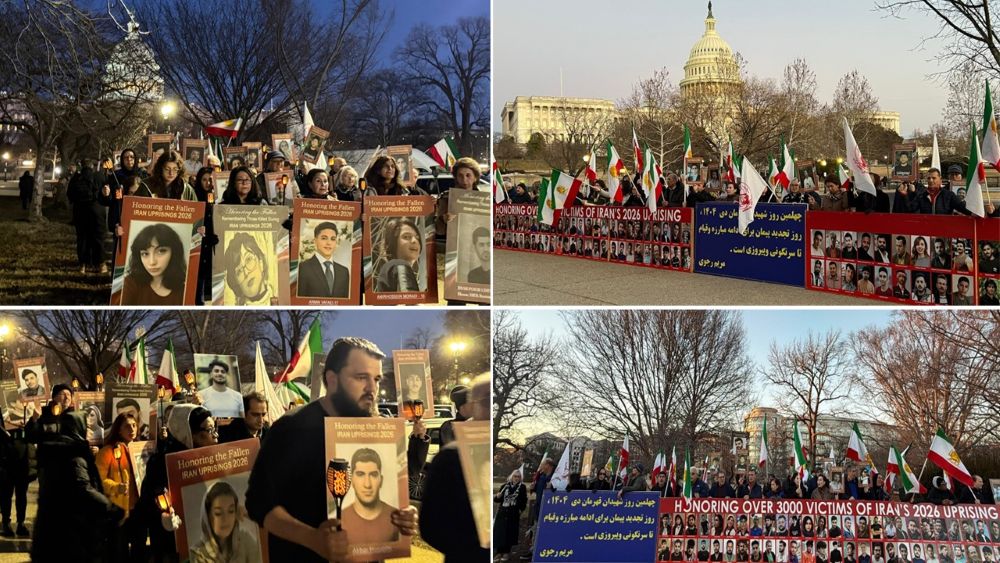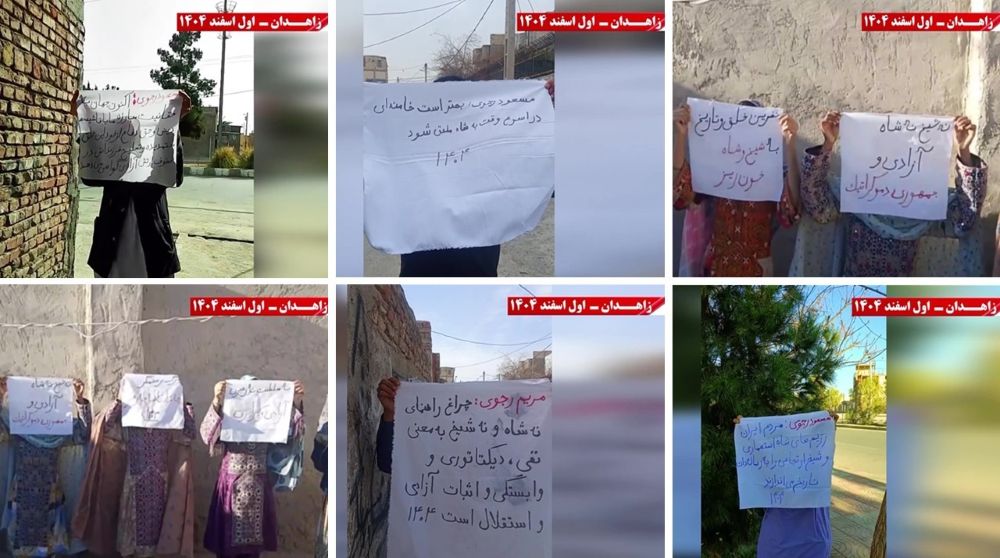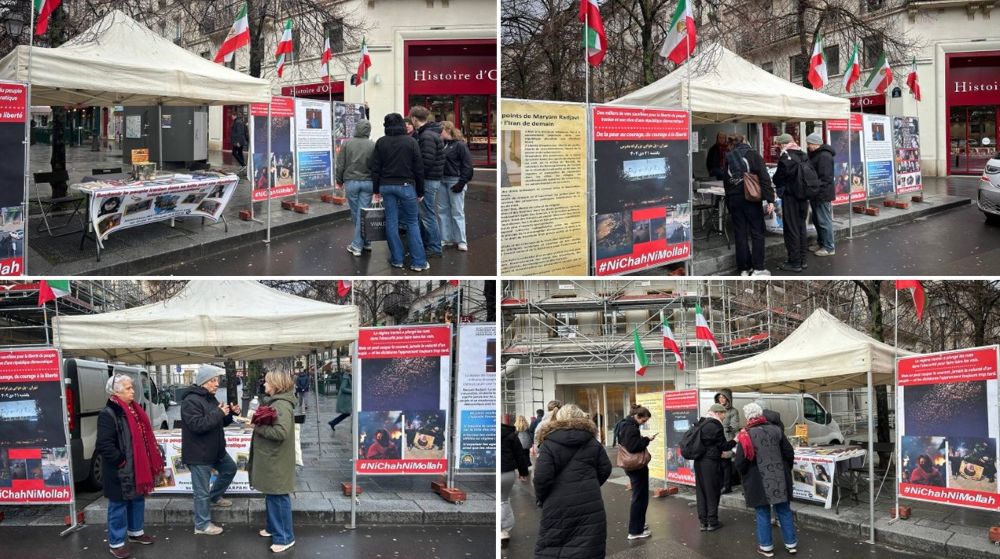The mullahs’ regime in Iran have stepped up its human rights violations over the past few weeks, with officials openly advocating for increased abuse, something that should be the warning light for the world.
While Iran is a common focus for the rest of the world, its human rights violations get significantly less attention than its warfare, terrorism, or pursuit of nuclear weapons. The signatories to the 2015 Iran nuclear deal are desperate to get the US back on board, but the three European nations that signed the deal have so far failed to take any real actions on Iran’s abuses, only going as far as to express concern. The failure to hold the regime accountable with sanctions has meant that the mullahs feel able to act without consequence.
Let’s look at just some of the recent abuses that have received little if any reaction from the world:
Iranian security forces opened fire on Baluch citizens in Sistan and Baluchistan province for merely transporting a few gallons of petrol
Political prisoner Saeid Sangar was extrajudicially sentenced to 11 months in prison. He has already been in prison for over two decades just because he supports the opposition group, People’s Mojahedin Organization of Iran (PMOI/MEK).
Four prisoners were executed last week, adding to the 33 people executed since the start of last month, including journalist Ruhollah Zam, who was granted refugee status in France. Many of these were for non-violent offenses.
As a result, a business conference between Europe and Iran was cancelled, but the organisers then said that they hoped to conduct the meeting in the future, which indicates a mere postponement.
Iran has killed several political activists over the past year, including wrestling champion Navid Afkari, who was hanged in September for taking part in the 2018 protests, despite an international campaign to save his life. Since then, his coach has been harassed and his tombstone destroyed.
And, of course, this doesn’t take into account the number of protesters killed during the 2017 and 2019 uprisings or the 30,000 MEK members massacred in 1988, both things that were recently covered by Amnesty International.
The impunity emboldened the authorities to escalate the unlawful use of lethal force in Nov 2019 protests. The cycle of bloodshed must not be allowed to continue. The international community must pressure Iran to end the recurrent pattern of using lethal force to crush protests.
— Amnesty Iran (@AmnestyIran) January 20, 2021
The Iranian Resistance wrote: “Today, the EU Foreign Ministers will attend the Foreign Affairs Council. This meeting comes in the wake of the recent adoption of a new global sanctions regime against human rights violators (a.k.a. Magnitsky Act) by all EU member states. The Foreign Affairs Council takes place while the regime in Tehran continues its human rights abuses. During today’s meeting, EU leaders should not forget about the gross human rights violations in Iran. The trend of human rights abuses in Iran requires the EU to use its Magnitsky Act and impose sanctions on the regime.”



